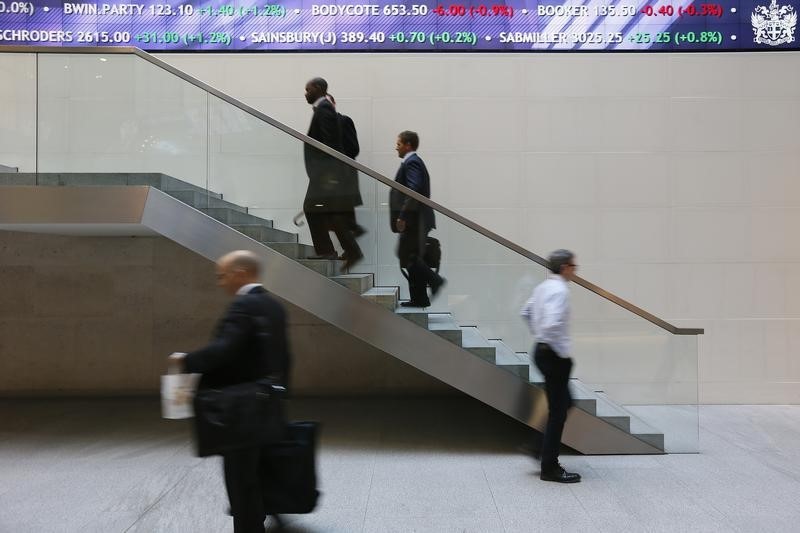Proactive Investors -
- FTSE 100 falls 29 points to 7905
- Markets hit by worries about fewer rate cuts
- Asia stocks in red after Taiwan earthquake
Oil prices hold at five-month highs
Oil prices are holding tight at around a five-month high, with Brent crude up around 0.3% to over US$89 per barrel on Wednesday.
Claus Vistesen, chief Eurozone economist at Pantheon Macroeconomics said: "Looking ahead, the rally in oil prices now point to upside risks in energy inflation, especially in May, June and July due to base effects."
Recent rises have come ahead of a review by the Opec cartel, which experts believe could result in supply cuts.
Opec and its allies will meet online to review the crude markets and scrutinise supply policy.
Officials from nations involved in the cartel believe the policy will be kept the same.
Oil giant Shell (LON:RDSa) is up 0.5% to 2,730p as a result, while BP (LON:BP) has remained unchanged.
Whats next for Bitcoin?
Bitcoin has started 2024 extremely well, and after ETFs were approved, the currency has jumped 50% whilst also reaching new all-time highs.
Today, the world's largest cryptocurrency is up around 1.5% at US$66,371.
However, questions over its volatility, the upcoming halving event and the dangers of deregulation have lingered in recent months.
ETC Group's Tim Bevan believes many of these issues are the result of macroeconomic factors and specific market events.
He sat down with Proactive's Stephen Gunnion to discuss these talking points surrounding the crypto market.
Small caps to disappear from London by 2028
Small-cap companies could be wiped from London stock exchanges by as soon as 2028, broker Peel Hunt (LON:PEEL) warned.
Over the past two years, the number of companies listing in London has drastically fallen, while the pace of those leaving the exchange has been "relentless" in the opinion of the City broker.
Since 2018, the number of companies listed on the FTSE Smallcap Index, which covers any business not in the FTSE 350, has dropped from 160 to 114.
Should this trend continue, the last company will leave in four years.
Charles Hall, head of research at Peel Hunt, said: “The pace of de-equitisation is relentless and will inevitably continue given the low valuation accorded to UK companies.”
Chances of European rate cut in June grow
While UK inflation data isn't due for a couple of weeks, today's focus has switched to fellow European countries and how they are dealing with slowing the rise of prices.
In the Eurozone, preliminary estimates indicated inflation slowed to 2.4% in March from 2.6% in February.
It means prospects for an early rate cut have grown, with the European Central Bank edging closer to its target of 2% inflation.
"We expect policymakers to leave rates unchanged next week but begin cutting them in June," said Andrew Kenningham at Capital Economics.
Meanwhile in Turkey, March's inflation figure was a tad stickier, after it rose to 68.5% from 67.07 % in February.
Headline interest rates sit at 50% - the highest in over two decades - as the country's central bank continues to implement a strict policy to curb spending.
